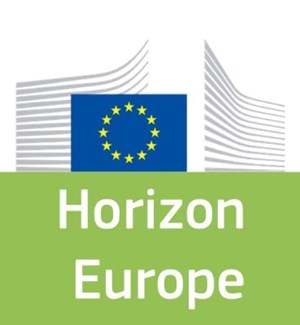Plastic packaging, while essential for preserving and transporting goods, poses significant environmental challenges. Improper disposal of plastic packaging leads to accumulation in landfills and oceans, where it can persist for hundreds of years, releasing harmful chemicals and disrupting ecosystems. Plastic pollution endangers marine life through ingestion and entanglement, emphasising the urgent need for sustainable alternatives and effective waste management solutions. To address this issue, the EU-funded 3M-2MNP-FE project will develop enzymatic technology to treat plastic-generated micro- and nanoparticles (MNPs). The idea is to alter MNP size and enhance biodegradability, potentially mitigating environmental risks. Researchers will also explore the toxicity of enzymatically treated MNPs by investigating their impact on the gastrointestinal system. The proposal, “Microscopic, Mesoscopic, and Macroscopic Approaches to Mitigate Micro- and Nano-plastics in the Food and Environment (3M-2MNP-FE)” is an MSCA PF proposal to be hosted by the University of Malta for 24 months, wherein Dr. Floirendo Flores will be supervised by Dr. Sophie Marie Briffa. Following the 24-month fellowship, a non-academic placement (NAP) has been secured with commitment from Dr. Adrian C. Love (ACL) from AquaBioTech Group (ABT). Dr. Flores conducts research on microencapsulation of bioactive compounds and simulated digestion, whereas Dr. Briffa specializes on nanoparticles chemistry, synthesis, characterization, and environmental behavior. The co-mentor, Dr. Melissa Marie Formosa, has in vivo studies involving zebrafish larvae and currently has supply agreement with ABT. Plastic packaging polymers are a necessary component of food products that are often discarded in municipal solid waste treatment plants and landfills resulting in varying levels of degradation products. The degradation products are usually recalcitrant micro- and nanoparticles (MNPs) that enter aquatic environments and contaminate biota with potentially adverse health outcomes. In view of the pressing need to mitigate the environmental risks upon exposure to MNPs, an interdisciplinary approach combining polymer chemistry, food, nutritional, and animal sciences is being proposed to develop an environmentally sound enzymatic technology to treat MNPs. Enzymatic treatment can change MNP size and enhance biodegradability. New knowledge will be generated on in vitro and in vivo changes on enzyme-based gastrointestinal and antioxidant systems following exposure to enzymatically treated MNPs. Implementation of the work packages will help answer the research question: Does exposure to enzymatically treated MNPs co-digested with food reduce the toxicity risks of MNPs? Results of this project can lead to a new sustainable pollution control strategy.
Want to analyze based on this project via our analysis tool? Analyze this project
Knowledge Gaps
Degradation
Environmental fate and behavior of plastic
Environmental effects and ecotoxicity
Human toxicity
Human and environmental effects and toxicity test methods




